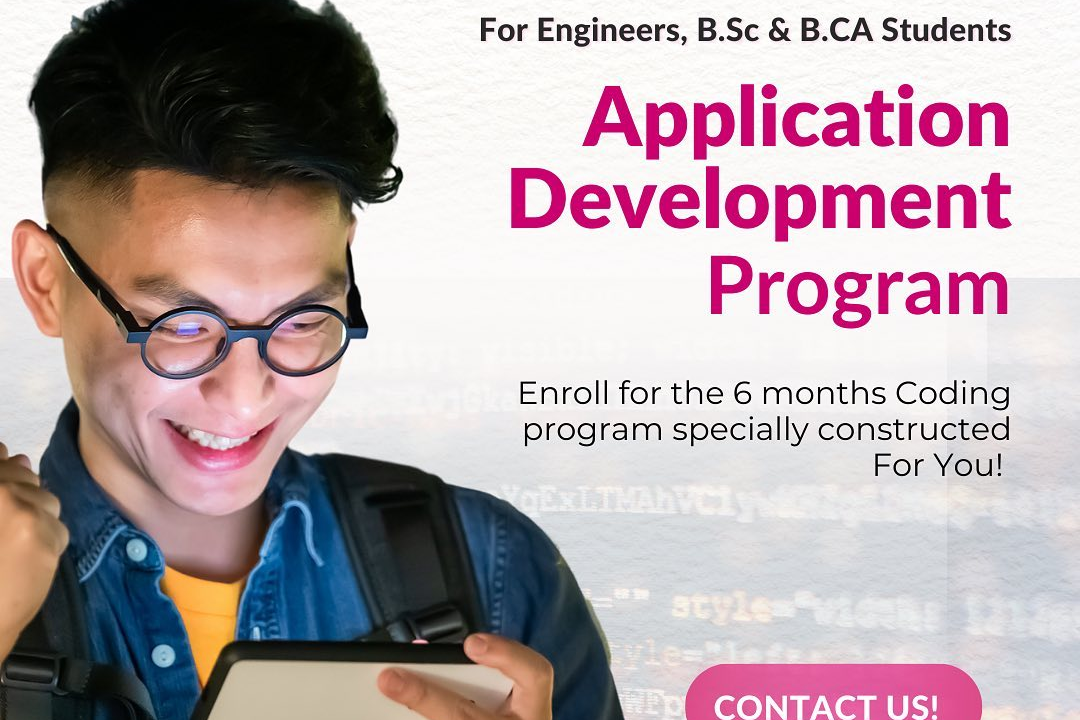Android API Integration
Enhancing App Functionality with Android API Integration
Android API Integration
Android API integration refers to the process of incorporating external application programming interfaces (APIs) into an Android application to enhance its functionality and enable interaction with other services. This can involve utilizing RESTful APIs to access web services, allowing the app to fetch or send data, such as user information, maps, payment processing, or social media features. Developers typically make HTTP requests, handle responses, and manage data parsing using libraries like Retrofit or Volley. Proper integration also requires managing API keys, ensuring secure data transmission, and adhering to platform-specific guidelines to create a seamless user experience while maintaining the application’s performance and security.
To Download Our Brochure: https://www.justacademy.co/download-brochure-for-free
Message us for more information: +91 9987184296
1 - Understanding APIs: Begin with a foundational knowledge of what APIs (Application Programming Interfaces) are, how they work, and why they are vital in mobile app development.
2) Types of APIs: Explore the different types of APIs (e.g., REST, SOAP, GraphQL) that are used in Android development, emphasizing RESTful APIs as the most common in mobile applications.
3) HTTP Requests: Teach students about HTTP methods (GET, POST, PUT, DELETE) and how they are used to interact with APIs. Understanding these methods is crucial for effective API integration.
4) Using Retrofit Library: Introduce Retrofit, a popular library for Android that simplifies HTTP requests and API integration. Provide examples of how to set it up and use it in a project.
5) JSON Data Parsing: Explain how to parse JSON data, which is commonly returned from APIs. Use libraries like Gson to illustrate how to convert JSON into Java objects.
6) Error Handling: Discuss best practices for handling errors during API calls, including network errors and parsing exceptions, to make applications more robust.
7) Asynchronous Programming: Teach students about asynchronous programming using callbacks, futures, or Kotlin coroutines, which are vital for performing network operations without blocking the UI.
8) API Authentication: Cover different authentication methods (like OAuth, API keys) that may be required to access some APIs, and how to implement them in an Android application.
9) Managing API Keys: Show how to securely store and manage API keys in Android applications to prevent unauthorized access and abuse of services.
10) Testing API Integration: Introduce tools like Postman or cURL for testing API endpoints independently of the Android application, ensuring that students can verify API functionality.
11) Network Security: Highlight the importance of network security best practices, such as using HTTPS, to protect data when communicating with APIs.
12) Building a Simple App: Guide students through creating a simple Android app that integrates an API, allowing them to apply what they have learned in a hands on project.
13) Using LiveData and ViewModel: Discuss how to utilize Android Architecture Components like LiveData and ViewModel to manage API data and lifecycle efficiently.
14) Caching Responses: Explain strategies for caching API responses to reduce network calls, such as using Room database or implementing manual caching mechanisms.
15) Versioning APIs: Teach students about API versioning, why it's important, and how to handle different versions of APIs in their applications to ensure compatibility.
16) Unit Testing: Introduce unit testing for API calls and responses using frameworks like JUnit and Mockito, encouraging best practices in software development.
17) Future Trends: Briefly touch on emerging trends in API integration for Android, such as GraphQL, real time APIs (like WebSockets), and microservices architecture, to inspire students about future possibilities.
This outline provides a comprehensive framework to develop a training program that equips students with the essential tools and knowledge for Android API integration.
Browse our course links : https://www.justacademy.co/all-courses
To Join our FREE DEMO Session: Click Here
Contact Us for more info:
iOS training in Kolar
Cheapest Online iOS Training Institutes in Vijayawada
User Feedback Analysis
tableau and alteryx
Flutter Training in Pollachi











